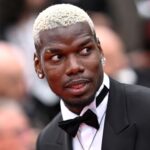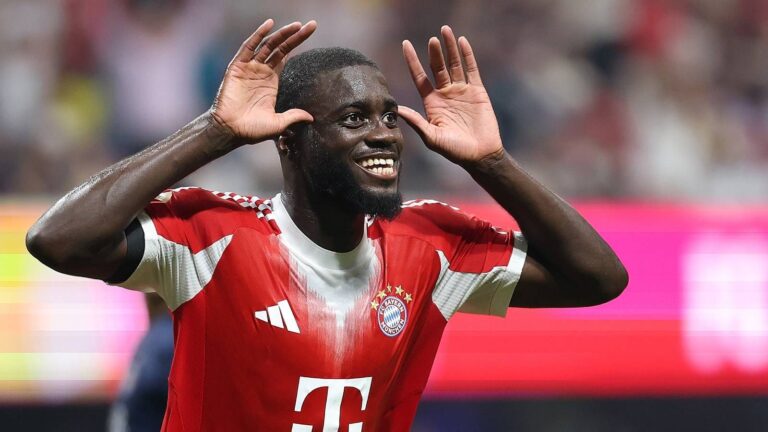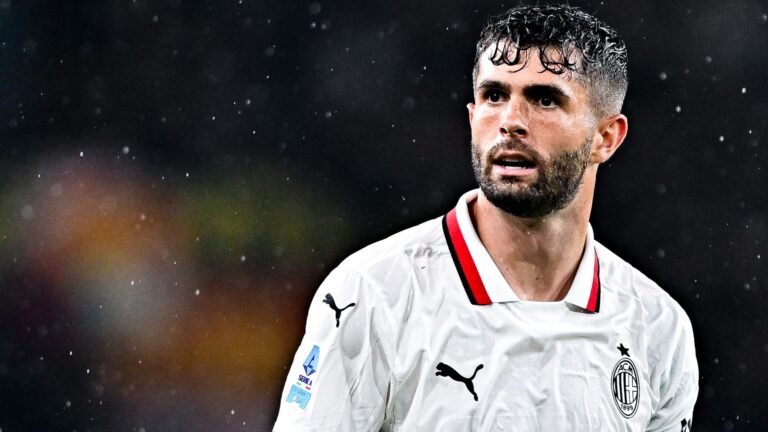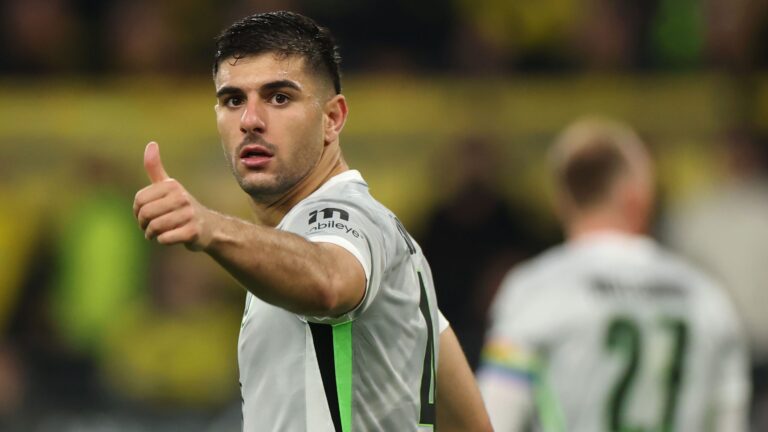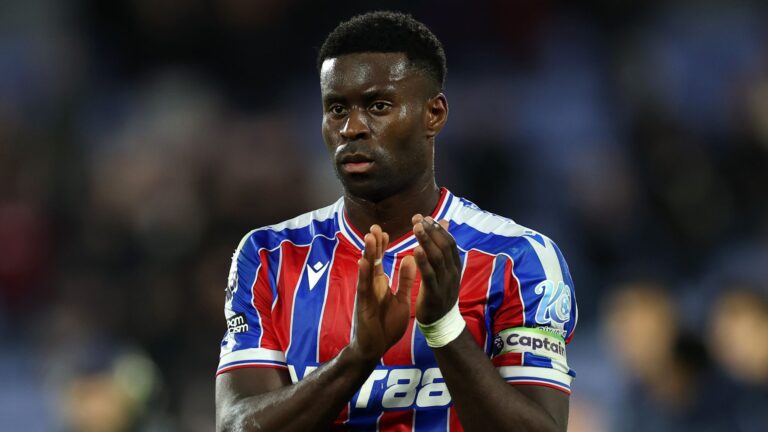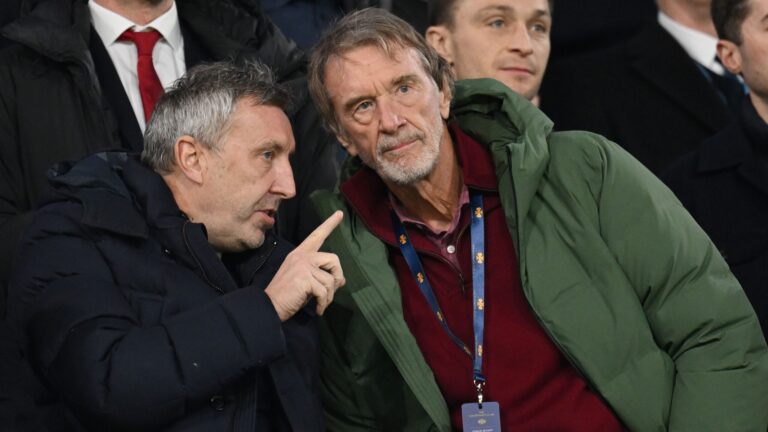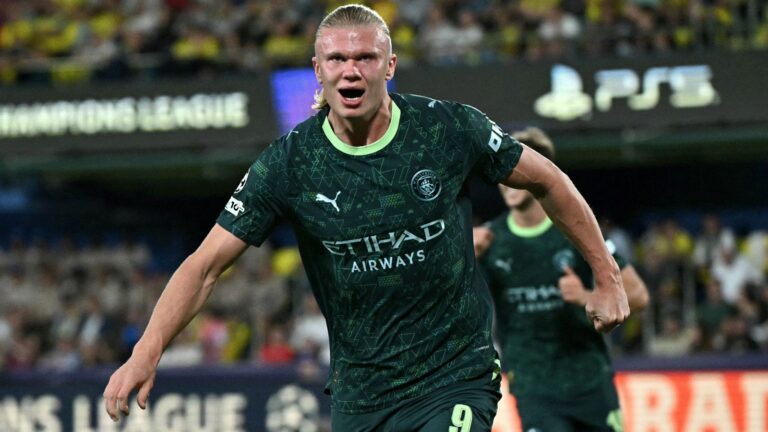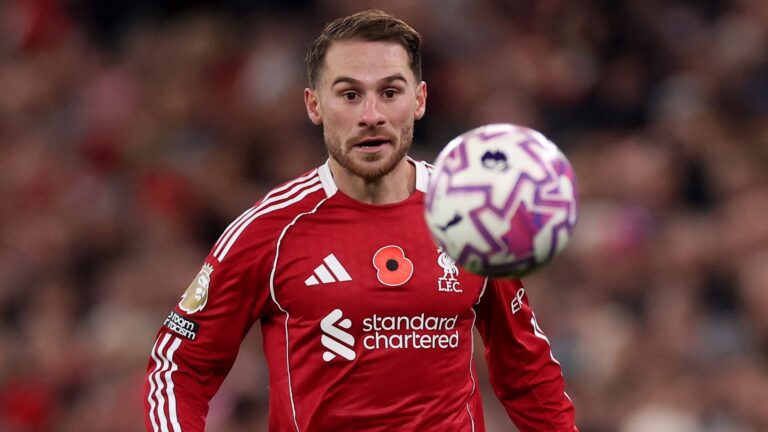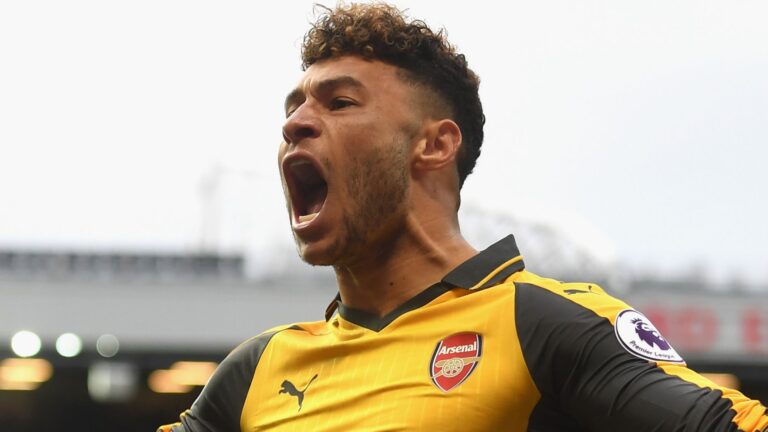The Hidden Factors Behind Paul Pogba’s Struggles at Manchester United
Paul Pogba and Manchester United – a tale of immense potential overshadowed by off-field distractions – takes center stage in this analysis of his controversial tenure. Once a promising talent from United’s academy, Pogba dazzled fans with his skills before facing widespread scrutiny for losing sight of his core priorities on the pitch.
Pogba’s Early Triumphs and Rising Criticisms
Coming up through Manchester United’s youth ranks in the 2011/12 season, Pogba later moved to Juventus for a period of remarkable achievements, including multiple titles. Upon his return to United in 2016/17, he played a key role in securing victories in the Europa League and the League Cup under coach Jose Mourinho. Yet, throughout his stint, the French midfielder frequently drew criticism for apparent lapses in concentration, with both he and his teammate Jesse Lingard facing backlash over their elaborate post-goal routines.
Insights from a United Legend
Now, a club icon who netted 100 goals across 465 matches during his 13-year career has weighed in on Pogba’s challenges. In a recent discussion with OLBG, this former star pointed out that Pogba, currently with Ligue 1’s Monaco, possessed extraordinary abilities, a commanding aura, and a knack for finding the net. However, according to the legend, after initial successes at United, Pogba and some peers became consumed by social platforms and personal branding, neglecting the intense dedication required in professional football.



The Shift in Focus and Its Consequences
The legend elaborated: “Pogba had world-class talent and a magnetic presence that could turn games around. But in my view, following a string of early wins at Manchester United, he and others got sidetracked by online fame, overlooking the grueling effort needed to stay at the top. They lost track of the fact that their earnings stemmed from their prowess on the field, only to falter as attention shifted to fashion, public image, and impromptu celebrations in the locker area. If I’d been leading the team, such activities would never have been tolerated!”
Pogba’s Departure and New Chapter
After contributing 39 goals in 226 outings for United, Pogba concluded his six-year association by rejoining Juventus in 2022. His second spell in Italy was marred by setbacks, including a persistent knee problem and a four-year suspension for a banned substance violation. This penalty was shortened to 18 months in October 2024 after a favorable ruling from the Court of Arbitration for Sport. By November 2024, Pogba mutually agreed to part ways with Juventus and signed with Monaco on a free transfer in June, marking his comeback to the sport post-suspension.
Monaco’s Upcoming Challenge and Pogba’s Recovery
Monaco’s next fixture sees them hosting Metz in Ligue 1 on Sunday, though Pogba is expected to sit out as he works on regaining full fitness after his enforced break. Under manager Adi Hutter, the team is performing strongly, holding third place in the standings with three wins and only one loss from their first four matches.
Paul Pogba’s Struggles at Manchester United
Understanding Paul Pogba’s Underperformance
Paul Pogba’s time at Manchester United has been a rollercoaster of highs and lows, with his underperformance often linked to distractions outside of football. As one of the most talented midfielders in the Premier League era, Pogba’s potential was undeniable when he returned to Old Trafford in 2016 for a then-world-record fee. However, fans and analysts have pointed to various factors that may have contributed to his inconsistent form, including injuries, tactical mismatches, and yes, distractions from the beautiful game itself.
One key aspect of Pogba’s underperformance revolves around his off-field activities. Reports from sports media have highlighted how social media presence and personal brand building might have pulled focus away from training and matches. For instance, Pogba’s high-profile lifestyle, including endorsements and celebrity events, has been scrutinized as a potential reason for his dip in form during key seasons. Manchester United fans have expressed frustration over moments when Pogba seemed more engaged in viral dances or fashion lines than in dominating the midfield, which could explain why his stats didn’t always live up to the hype.
- Key Statistics on Pogba’s Performance: Over his six full seasons at United, Pogba averaged around 7 goals and 6 assists per season in the Premier League, but his influence waned in crucial games. This underperformance was evident in United’s failure to secure major trophies, with distractions often cited as a major culprit.
- Common Distractions in Football: Players like Pogba face pressures from social media, family commitments, and agent negotiations, which can erode the mental sharpness needed for top-level play. In Pogba’s case, public disputes with his former agent Mino Raiola added to the noise, potentially diverting energy from football-focused goals.
The Impact of Distractions on Football Performance
Distractions from football aren’t unique to Paul Pogba-they’re a growing concern in modern football, where players are as much brands as athletes. For Pogba, this meant balancing his role as a global icon with the demands of playing for a club like Manchester United, which thrives on unwavering focus and dedication. Experts in sports psychology suggest that even minor diversions, like excessive social media use or off-field celebrations, can lead to reduced concentration during matches.
In Pogba’s scenario, his involvement in non-football activities-such as music videos and high-fashion endorsements-may have contributed to a perceived lack of commitment. This isn’t just speculation; former teammates and coaches have subtly hinted at how such distractions can snowball, affecting team dynamics and individual output. For example, during seasons where Pogba faced criticism for tardiness or inconsistent training attendance, United’s overall performance suffered, highlighting how personal distractions can ripple through the squad.
- How Distractions Manifest in Games: Think about it this way-when a player like Pogba is more worried about his next Instagram post than the next training drill, it shows in split-second decisions on the pitch. Studies from sports science indicate that mental fatigue from off-field pressures can reduce reaction times and decision-making, directly impacting performance metrics like pass accuracy and goal contributions.
- Real-World Examples from Pogba’s Career: In the 2018-2019 season, Pogba enjoyed a strong start with 13 goals, but as external pressures mounted, his form dipped, contributing to United’s mid-table struggles. This pattern underscores the need for players to maintain a laser focus on football to avoid underperformance traps.
Club Legend’s Call to Ban Dressing Room Celebrations
Enter the voice of experience: club legends like Gary Neville have stepped in to advocate for changes that could curb these distractions. Neville, a former Manchester United captain and defensive stalwart, has been vocal about banning certain dressing room celebrations, arguing that they foster a culture of complacency rather than pure focus on football. In interviews, Neville has pointed out how elaborate post-match rituals-think dancing or social media shares-can shift attention away from the hard work needed for sustained success.
For Paul Pogba specifically, Neville’s advocacy highlights a broader issue at United. By suggesting a ban on such celebrations, Neville aims to instill a more disciplined environment, where every player, including high-profile stars like Pogba, prioritizes football over fleeting fame. This isn’t just about Pogba; it’s a call for cultural reform in football clubs worldwide in the social media age.
- Why Banning Celebrations Could Help: According to Neville and other experts, excessive celebrations can create divisions within the team or promote individualism over collective goals. For Pogba, who was often at the center of such moments, this could mean redirecting energy toward skill-building and team strategy.
- Neville’s Specific Arguments: In podcasts and media appearances, Neville has outlined how these practices distract from football fundamentals, potentially leading to underperformance similar to what Pogba experienced. He advocates for a return to basics, emphasizing that winning cultures, like those under Sir Alex Ferguson, thrived on focus and restraint.
- Subcategories of Impact:
- On Team Morale: Over-the-top celebrations can alienate teammates who prefer a more grounded approach.
- On Player Development: By minimizing distractions, players like Pogba might regain the consistency that made them stars in the first place.
Strategies for Overcoming Distractions in Football
To tackle underperformance issues like those faced by Paul Pogba, both players and clubs need proactive strategies. Manchester United, under various managers, has tried implementing stricter routines, such as mandatory focus sessions and limited social media access during camps. These measures aim to create an environment where football takes precedence, helping stars like Pogba channel their talents effectively.
- Effective Techniques for Players: Top athletes often use mindfulness apps, scheduled downtime, and professional counseling to manage distractions. For Pogba, adopting these could have meant better integration into the team’s ethos, reducing the instances of underperformance.
- Role of Clubs in Prevention: Teams can enforce policies like those Neville suggests, including guidelines on celebrations, to foster a distraction-free zone. This not only aids individual players but also boosts overall team performance in competitive leagues.
In exploring Paul Pogba’s journey, it’s clear that balancing fame with football demands is crucial. By addressing distractions head-on, clubs like Manchester United can help talents shine without the shadows of underperformance looming large. (Word count: 752)

